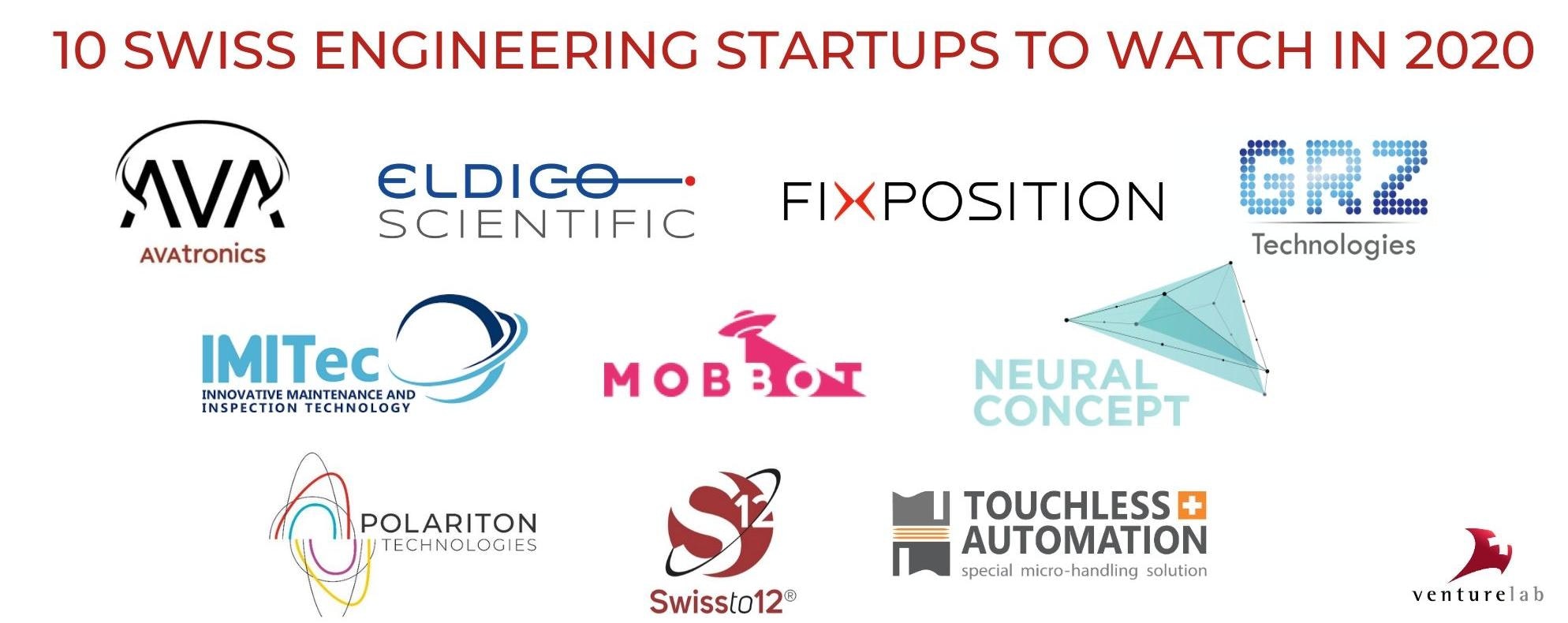Less than a year after incorporation, ELDICO has made it to the 2020 selection of the most promising Swiss engineering start-ups. This was announced by Venturelab, the Swiss start-up promotion organization, in March.
Together with nine other high flyers of the Swiss start-up ecosystem, ELDICO Scientific was selected as one of the ten Swiss Engineering Start-ups to Watch in 2020. The list, published annually, brings together a number of promising start-ups from various industries, including 3D printing in concrete, navigation technology and innovative applications for neural learning.
“ELDICO’s novel electron diffractometer will help drive innovation in nanoanalytics, such as drug development, and in the chemical industry,” says Dr. Eric Hovestreydt, founder and CEO of ELDICO Scientific. “The entire ELDICO team is passionately driving our product development. We are honored and delighted to receive this award.”
ELDICO was already very pleased to be among the best three in the final round of the ZKB/Technopark Pionierpreis, where more than 30 companies competed to win almost CHF 100,000 in prize money. The Pionierpreis ceremony will take place in Zurich on April 22, 2020.




